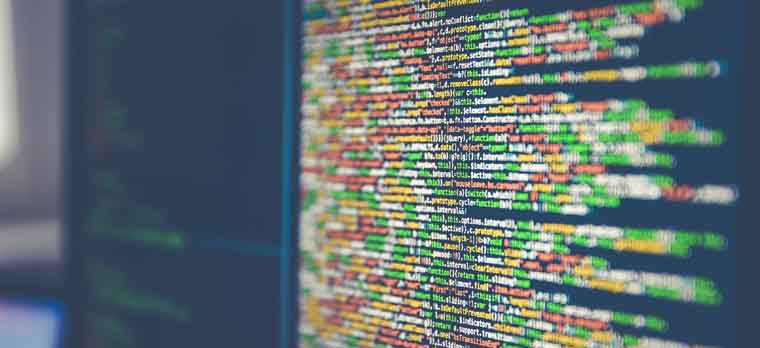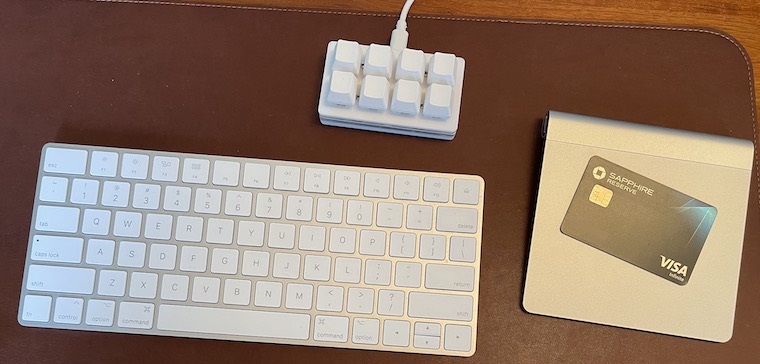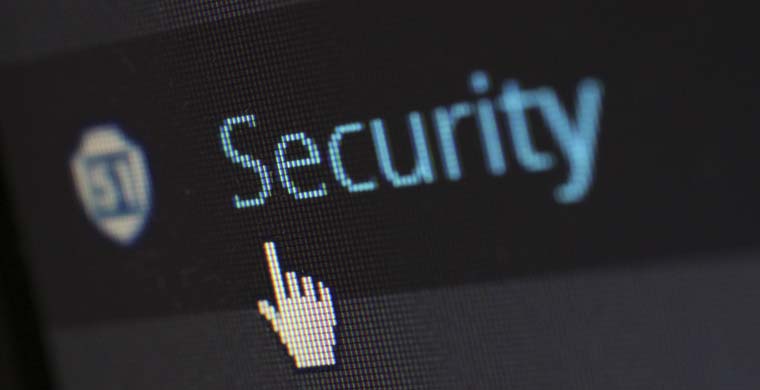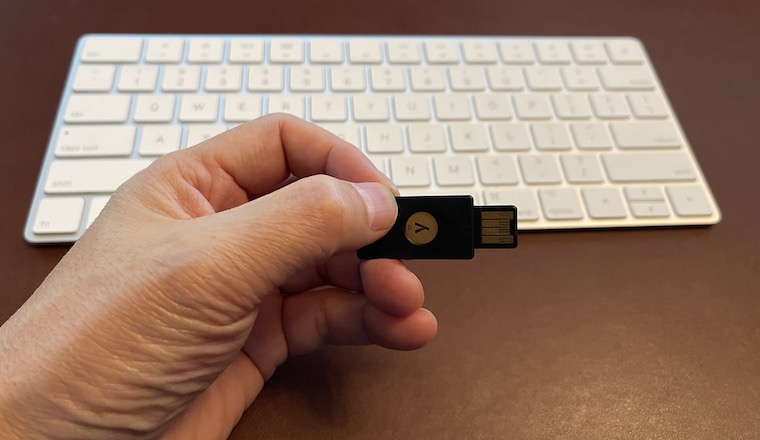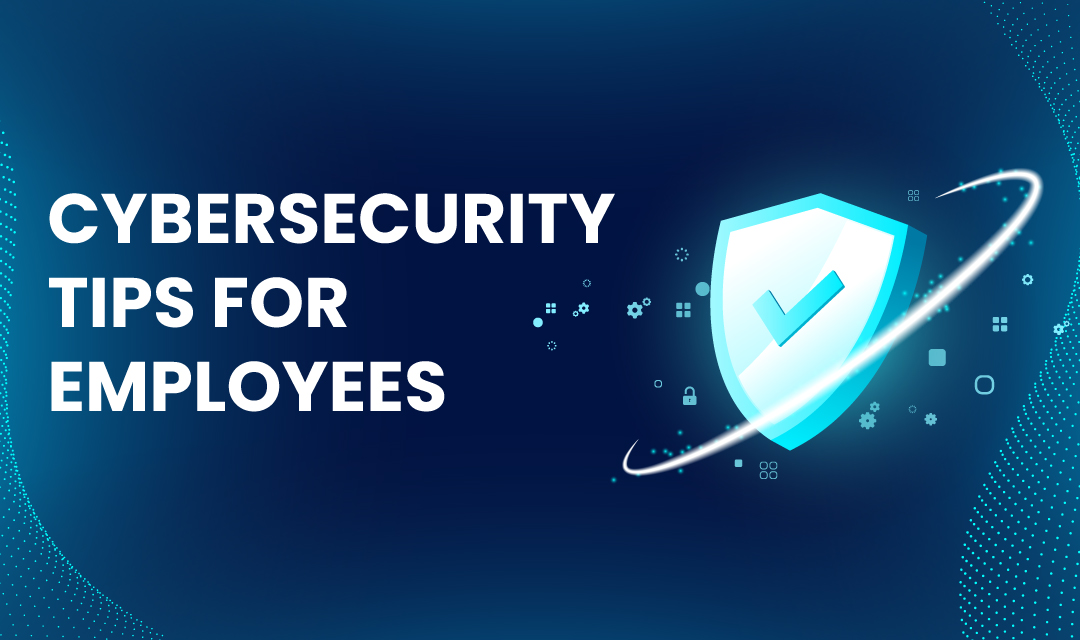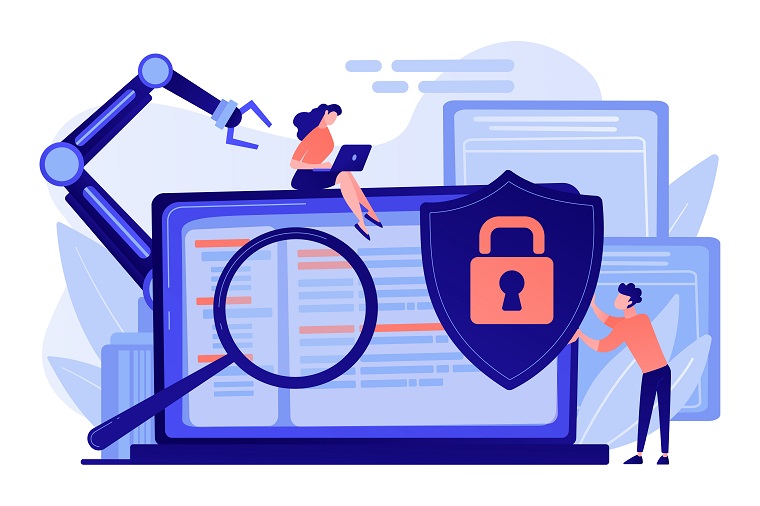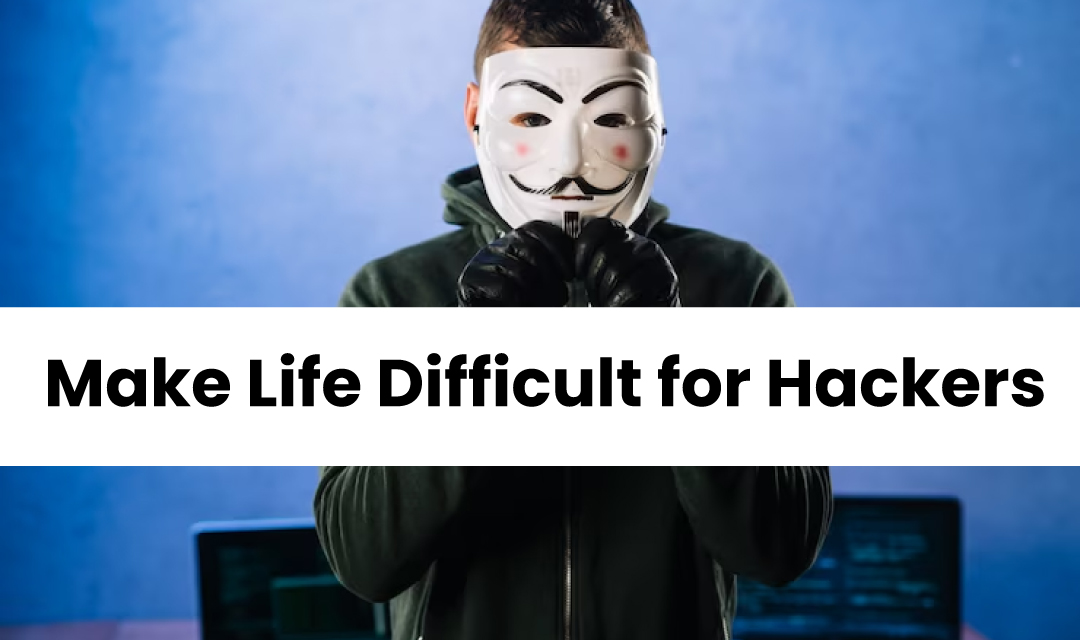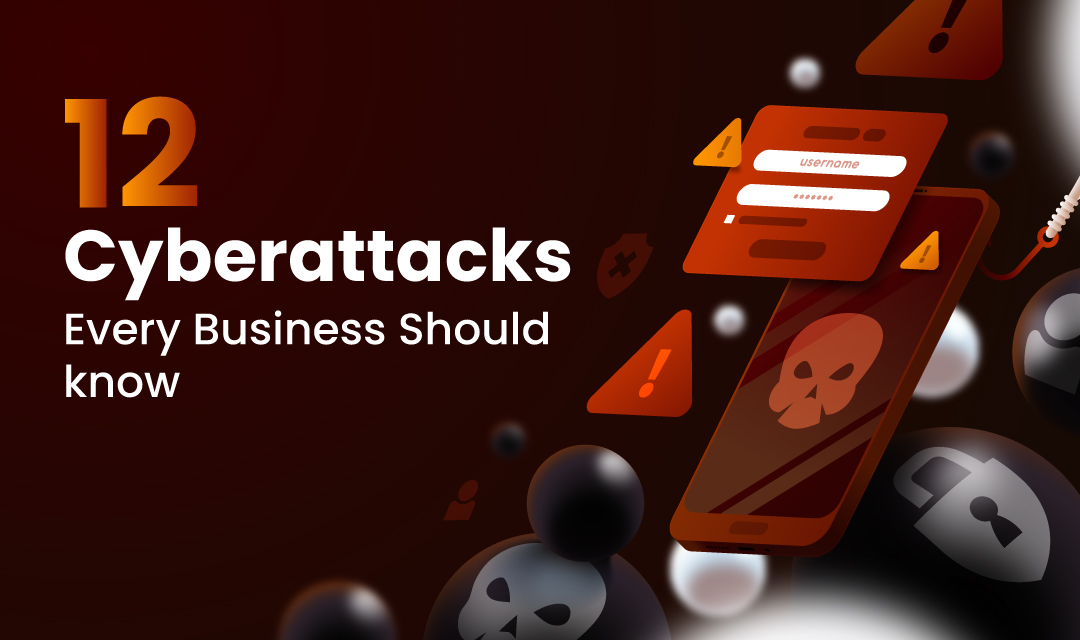
With cyberattacks on the rise against businesses this year, more attention is being paid to how businesses and organizations can protect the sensitive information they hold. This year has seen some of the largest companies become targets to massive cyberattacks like Mariott, Experian, and even The World Health Organization. Unfortunately, although cybercrime is growing steadily across the globe, most countries are yet to implement legal and regulatory frameworks addressing cybersecurity for businesses. That does not mean that there hasn’t been some progress, however. Over recent years, countries have moved to propose cybersecurity legislation and monitoring bodies. For instance, The Australian Securities and Investment Commission released a cyber resilience report. As compliance meets cybersecurity in today's digitally-driven environment, cybersecurity compliance is quickly no longer becoming an option.
